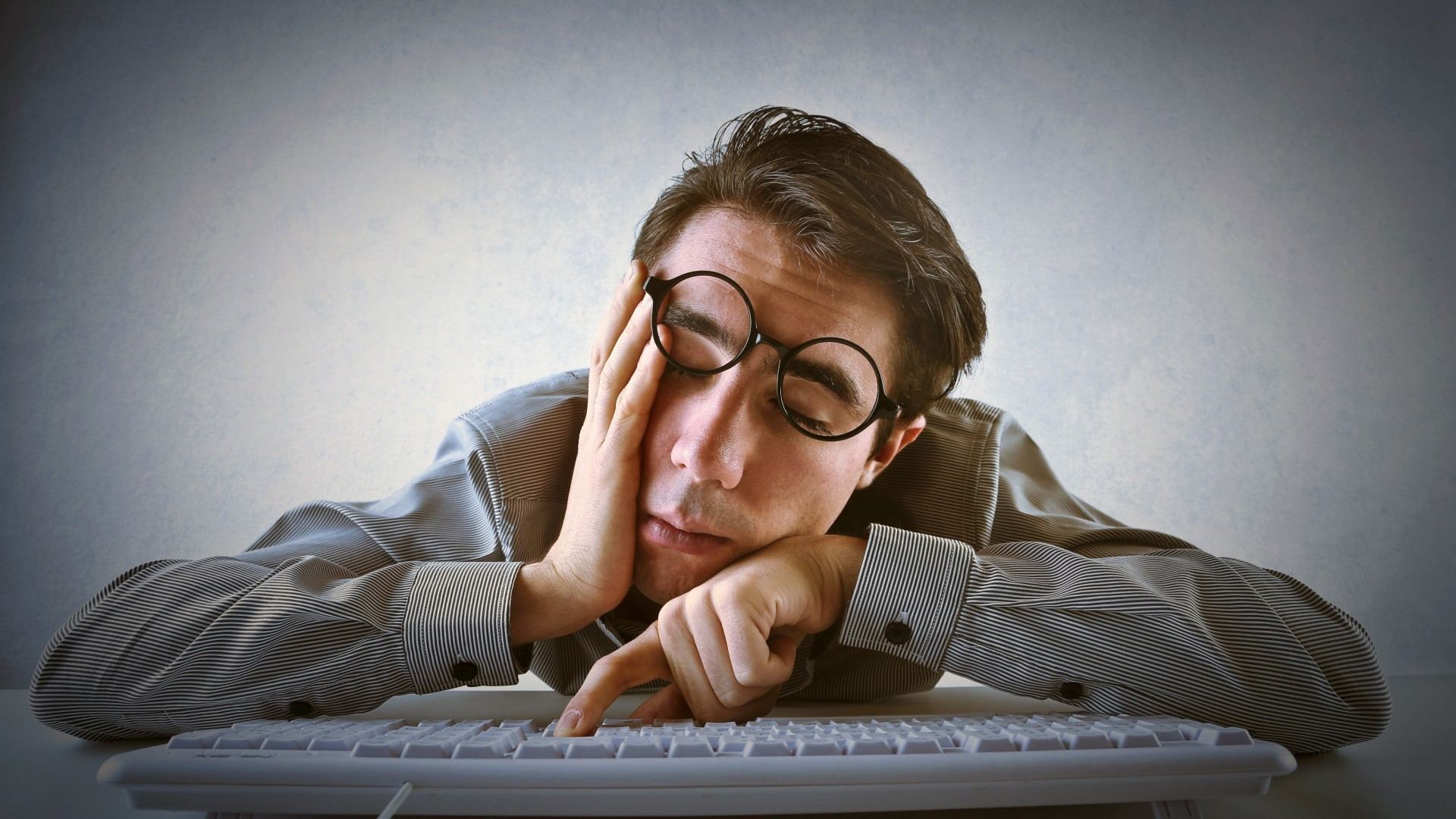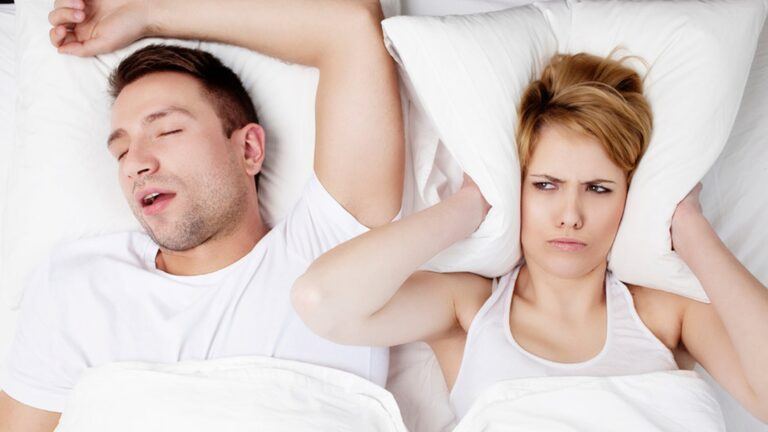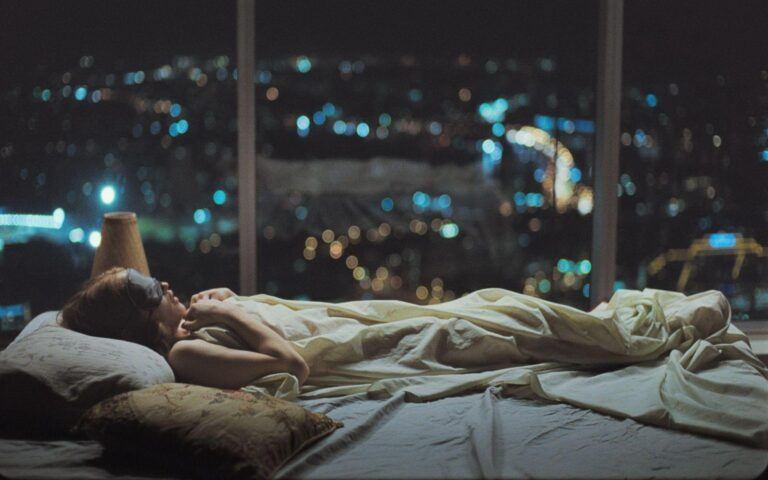Should I sleep 1 to 2 hours a night?
How many of us have thought about the hours of sleeping, and sleeping needs. Should I sleep 1 to 2 hours a night? Should I sleep nothing at all?
There are two processes that regulate our sleepiness: circadian rhythm and sleep pressure. And what is this, you ask? The circadian rhythm is like our internal clock, which makes us feel tired at night and awake during the day; sleep pressure is a feeling of tiredness that gets stronger and stronger, the longer we are awake.
Sleeping for 1 to 2 hours can decrease the pressure of sleep and make us feel less tired in the morning than if we were up all night. Sleeping needs are subjective. But we all go through the same sleep cycles.
Our sleep consists of several levels.
First level
- Very light sleep phase that lasts approximately 10 minutes. It is still possible to wake up easily with any sound, the muscles start to relax, but we still wake up easily.
Second level
- The stage that we all call light sleep. The body is already relaxed and asleep, but the mind is attentive and, therefore, the person can still wake up easily with something. This level lasts about 20 minutes. In most people, it is the phase in which the body spends more time throughout all sleep cycles.
Third level
- Deep sleep phase in which the muscles relax completely, the body is less sensitive to external stimuli, such as movements or noises. This phase is very important for body repair, as the body tries to recover from small injuries that have been appearing during the day.
Fourth level
- Last but not least, on the contrary, this phase of the sleep cycle lasts about 10 minutes. It usually occurs 90 minutes after falling asleep. In this phase, the eyes move very quickly (hence the acronym REM – Rapid Eye Movement), the heartbeat increases, and dreams appear. The REM phase takes longer with each sleep cycle, reaching up to 20 or 30 minutes in duration
In other words, … should I sleep for an hour or not to sleep?
Many reasons sometimes allow us to only get an hour of sleep a night, although it is never recommended in a long term. It took us a week to have a body recover from a bad night’s sleep. Imagine what it takes if we sleep 1h or nothing, for a day or several?
Given that the completion of a sleep cycle takes 90 minutes, it is recommended that the person arrange this time and rest a little at the end of the day, as he will be able to recover the rest he needs to function.
However, more than ideal, it would be a 15-to-20-minute nap.
When we sleep for 1 hour, the time to wake up likely coincides with the time that elapsed during phase 4 (deep sleep). For those who question, why after a nap, considered “great”, you feel even more tired, it is easy!
We forced ourselves to wake up when our body was going through the deepest part of our sleep. Something that, if it takes too long to do while we sleep, imagine when we are already up, facing life.
So, advice? It is worth sleeping for another 30 minutes (1 hour and a half), or less 30, coinciding this time with fewer deep phases of sleep, to wake up with the energy we need!
The solution is to rest without falling asleep or to rest beyond deep sleep.
Very important!
Do not postpone the alarm clock when it rings. When we wake up, our body produces certain hormones. When we fall asleep, the body produces the opposite hormones. Therefore, constantly postponing the alarm clock every 10 minutes will make waking up more and more difficult, given the simultaneous production of contradictory hormones.
Our body gets very confused.
Sleeping is the period when the body repairs tissues, replaces hormones and transfers short-term memories to long-term memories. Upon escaping from a night’s sleep, our mental function and mood will significantly decrease the next day.
Our body needs at least 7 hours of sleep every night to function. The idea that we can restore sleep during the day is a myth. Your watch says it is daytime, so you will not have an invigorating sleep – your body is not prepared to rest lightly and have nighttime activity.
And should I sleep for 2 hours?
Unfortunately, in this situation, 2 hours can be too much.
Sleeping beyond 90 minutes can sink into the sleep cycle and create more problems when it comes to waking up. In general, the more sleep cycles we accomplish, the better, but we should not leave any in between.
What happens when we sleep?
Despite some uncertainties we know that during sleep a lot happens in our body:
- Cardiovascular system: blood pressure decreases, reaching its minimum in the NREM phase. During REM sleep there are variations in heart and respiratory rate.
- Hormonal system: in childhood, about 90% of growth hormone (GH) is released during sleep, and children with sleep difficulties are at increased risk of problems with physical development. GH in adults is also important for well-being and motivation, it contributes to the elimination of fat, reduction of sagging muscles, and fragility of bones.
- Sleep is thus essential for growth, but also for the prevention of aging and wear and tear on the body.
- During sleep, we release other hormones. Cortisol, the so-called “stress hormone”, is responsible for making people wake up, and it peaks in the early morning.
- Memory: studies show that both REM and NREM sleep memories of what happened during the day are consolidated.
- Immune system: during sleep, the body releases interleukins, which are proteins that activate the immune system.
- Appetite: appetite is also linked to sleep. It released the largest amount of leptin, promoting food intake reduction and an increase in energy expenditure.
- Sexual function: during sleep, there are normal variations in testosterone levels, in both sexes. The highest levels occur in REM sleep. People with sleep disorders with reduced REM levels have lower levels of this sex hormone, affecting their libido.
Should I sleep 1 to 2 hours a night?
Yea! Most of the time, getting some sleep is better than nothing.
And yes, it is worth sleeping within the possible cycles
However!
We never recommend sleeping just an hour at night. Sleeping too little can take years of life away and we may never be able to regain that rest. Sleeping for 90 minutes is not preferable to 8 full hours. For your safety, try not to make it a habit to sleep just an hour at night.
Chaplin, R. (2020). Is 1 Hour of Sleep Enough or Is Pulling An All-Nighter Better? [Online]. Available at: https://www.sleepadvisor.org/one-hour-of-sleep/ (accessed April 16th, 2021).







